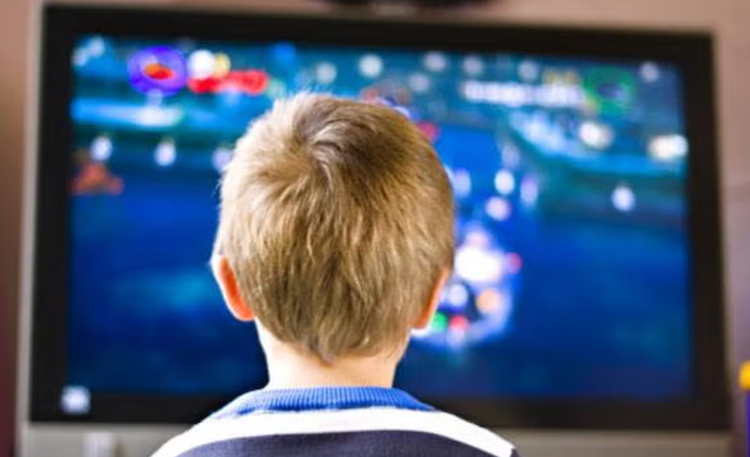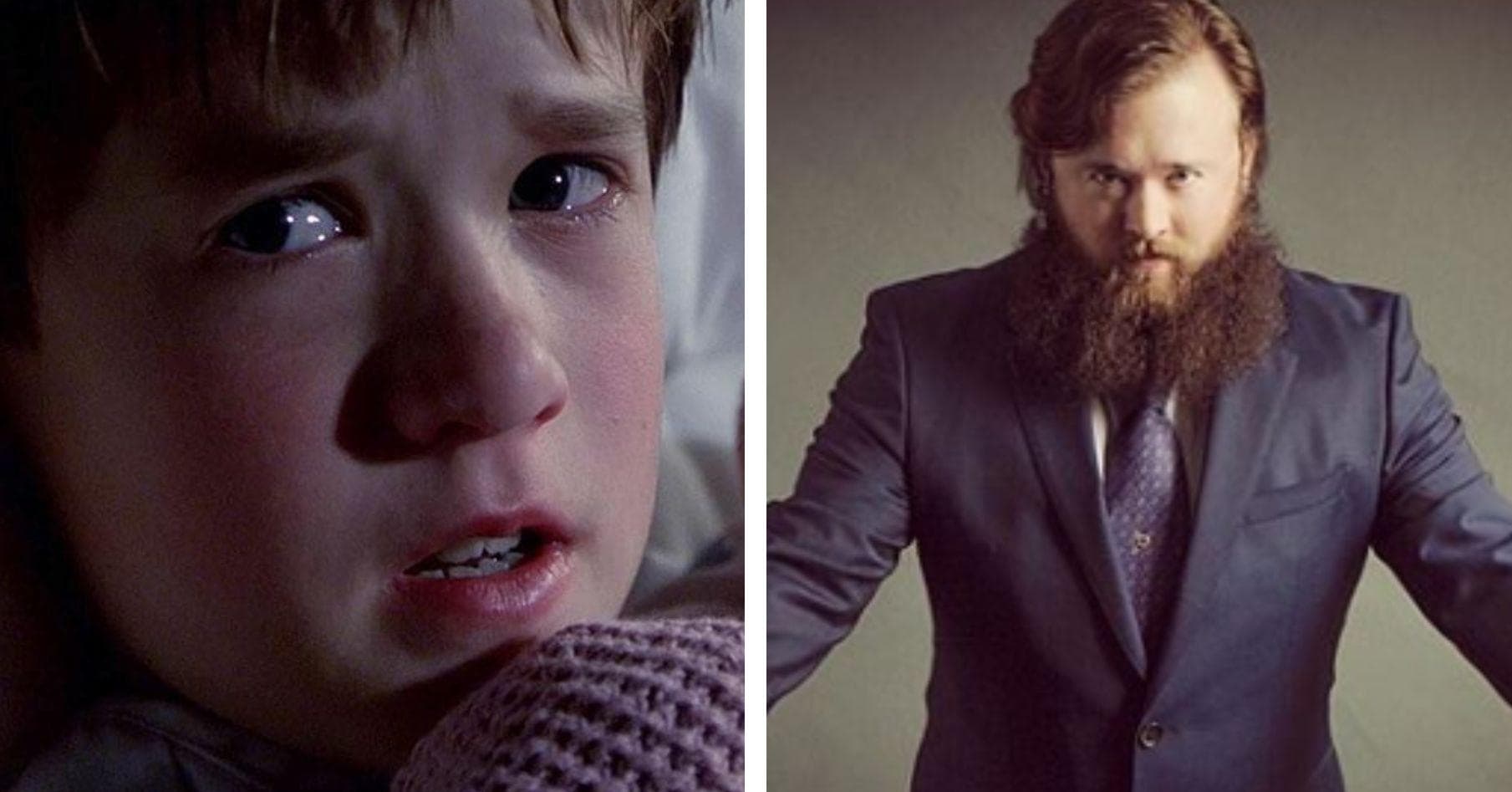The enchanting world of children’s television offers a blend of creativity and education, drawing millions of young viewers into its colorful schemes. However, behind the scenes lies a less glamorous reality, often overshadowed by the charm of these productions. The industry, while providing opportunities, can also place undue pressure on young actors, often leading to emotional and psychological challenges. This article explores the dark side of kids’ TV, shedding light on the industry’s impact on its youngest stars.
What are some challenges faced by child actors in children’s television?
Young performers experience several challenges, including intense scrutiny, long work hours, and the pressure to maintain a certain image. This environment can lead to issues like anxiety, stress, and even burnout among child actors. Many find it hard to navigate the fame that comes with their roles, often leading to a disconnect from their childhood experiences.
The Pressure of Performance
Children’s television productions typically require young actors to work long hours. According to the U.S. Department of Labor, child actors can work up to 8 hours a day, depending on their age, which is often more demanding than the average school day. The pressure to deliver strong performances consistently can lead to immense stress for young performers, who may feel they are being measured against adult standards of professionalism.
Recent studies indicate that around 75% of child actors report experiencing anxiety related to their performance. This is compounded by the need to maintain a positive public persona, as social media often amplifies scrutiny.
The Role of Parents and Guardians
Parental involvement plays a critical role in the life of young actors. While many parents act as supportive figures, the dynamics can also become complex. In some cases, parents may push their children to pursue acting careers to the point of overshadowing their children’s own interests and well-being.
A recent survey by the Screen Actors Guild-American Federation of Television and Radio Artists (SAG-AFTRA) found that about 60% of child actors feel that their parents are more invested in their careers than they are. This situation can create significant stress for the young performers, who desire their parents’ support but often at the cost of their autonomy.
The Darker Elements of Fame
As child actors gain fame, they often encounter the darker facets of celebrity culture, including harassment, unrealistic expectations, and the pressure to grow up too fast. Instances of bullying on social media platforms can escalate quickly, affecting a child’s mental health.
The rise of social media has transformed the landscape for young stars, exposing them to a barrage of public opinion. According to a 2022 report by the Pew Research Center, 65% of teenagers report feeling pressured to maintain an idealized image online, which is a significant concern for child actors who already face scrutiny in their professional lives.
Financial Exploitation
Financial exploitation remains a critical issue in the children’s TV industry. Many young actors and their families may lack the necessary financial literacy to navigate contracts and income management. Reports suggest that as much as 90% of child actors’ earnings end up being mismanaged, leading to financial instability later in life.
| Year | Average Income of Child Actors | Percentage Saving for Future | Reported Financial Issues |
|---|---|---|---|
| 2018 | $58,000 | 7% | 40% |
| 2019 | $62,000 | 9% | 35% |
| 2020 | $54,000 | 6% | 42% |
This table illustrates the financial challenges that young actors often face as they strive to manage their earnings responsibly.
The Impact on Mental Health
The combined stressors of long working hours, public scrutiny, and financial pressures can negatively impact mental health. Child actors may develop anxiety, depression, or other mental health issues as a result of these challenges.
The National Alliance on Mental Illness (NAMI) reports that while mental health issues are common among the general population, young performers experience these at a significantly higher rate. Alarmingly, 50% of child actors express feelings of isolation and loneliness, stating they feel disconnected from peers who do not share their experiences.
Navigating a Balanced Life
Facilitating a balanced life for young actors requires active involvement from parents, educators, and industry professionals. Many experts recommend comprehensive mental health support and educational programs tailored for child actors. Programs that emphasize emotional intelligence, resilience, and financial literacy can equip young performers with valuable skills to navigate their careers.
Furthermore, industry standards must adapt to reflect the unique challenges of child performers. Stricter regulations around working hours, educational requirements, and the emotional well-being of young actors have become a topic of discussion among stakeholders in the industry.
Moving Forward
Awareness of the issues facing child actors in the television industry is crucial for fostering a healthier environment. Advocacy groups, industry insiders, and concerned parents must join forces to create sustainable solutions. Ensuring that young performers receive adequate mental health support, education, and regulatory protections can help them thrive both professionally and personally.
As society continues to celebrate children’s television, it is essential to reflect on the unseen struggles that often accompany this ambition. By addressing the dark side of kids’ TV, we can work toward creating a more supportive and nurturing environment for young stars, allowing them to enjoy their craft while safeguarding their well-being.
Through collaborative efforts, stakeholders can help shift the narrative from one of exploitation to empowerment, ensuring that young actors can pursue their dreams without sacrificing their mental health or personal integrity.



